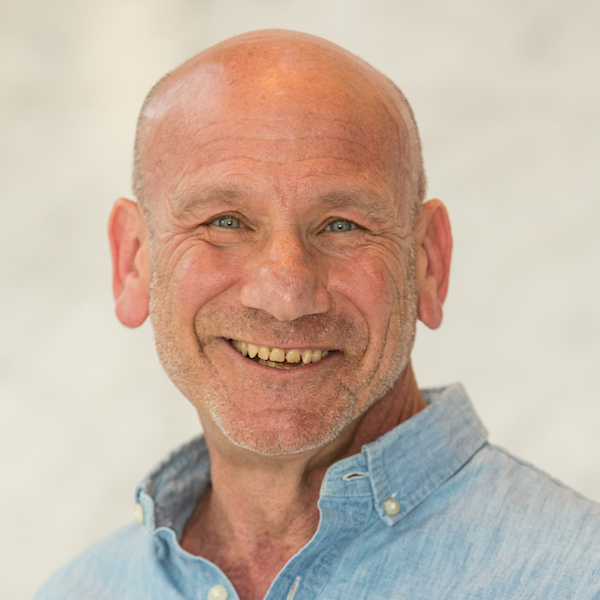Something’s going to happen next week, or next year, that will completely change the story.
Maybe it’ll be an earthquake — a literal one, the 7.8 that seismologists are urgently warning Californians to get ready for, or a figurative Big One that divides millions of people’s lives into Before and After.
Or maybe it’ll be a “What were we thinking?” moment, like the bursting of the housing bubble, that retroactively connects the economic dots into a saga about human folly.
Or maybe, God forbid, it’ll be an assassination, or an act of nuclear terrorism, or the melting of the polar ice cap, some catastrophe in whose revisionist hindsight today’s Cassandras will be seen as Paul Reveres.
On the other hand, maybe it’ll be something good that happens to rewrite the narrative.
It might be the passage of a health care bill that breaks the hammerlock of the insurance industry, a feat that transforms the president from a hapless victim of bipartisan delusions into a patient master of three-dimensional chess.
It might be a public awakening that forces Food, Inc. to do what Big Tobacco did, a horrified collective realization that makes those delicious ads for sugar, fat and salt as preposterous and scarce as the ones with doctors touting the health benefits of cigarettes.
Or it could be the arrival of a message from another galaxy, requiring us to relinquish beliefs that have caused our species so many wars and so much grief. It could be a discovery about the nature of matter that scrambles our idea of reality and makes scientists take mysticism seriously. Or it could be the Chicago Cubs winning the World Series.
The desire to know what’s going to happen next, the need to fit things into a narrative, is as deep a human drive as sex. We spend our lives telling our autobiographies to ourselves, constantly revising them to include, and make inevitable, the latest twists and turns. When life throws us randomness, we look for patterns. When something hits us out of the blue, we look backward for portents and clues. When changes disrupt our stories, we recast them as chapters, turning surprises into segues and ruptures into reveals.
Suspense is a great motivator. There are aged people, and sick people, who hang on to life not only because they love and are loved, and not just because they may be scared of death, but also because they are consumed by the dramas playing out in the world. They demand another day to see how things turn out. They want to know the ending. And because the ending is a receding horizon, they insist on staying in the game.
That’s true, of course, for the young and the healthy as well. We go to fortune tellers, read our horoscopes and cast the I Ching not so much because we want to know what lottery numbers to play, but because we’re as curious about the plot as the little girl in the Doris Day song:
I asked my mother, what will I be?
Will I be pretty, will I be rich?…
I asked my sweetheart what lies ahead.
Will we have rainbows, day after day?…
Now I have children of my own.
They ask their mother, What will I be?
Will I be handsome, will I be rich?
“Que Sera Sera” is a lousy answer. We need to know. That’s why crowds in New York mobbed the ship from England bearing the latest installment of Dickens’ serialized novel, “The Old Curiosity Shop,” with shouts of “Is Little Nell dead?” Networks can charge $3 million for a 30-second Super Bowl ad because “whatever will be will be” is ridiculous advice. Sheherazade escaped the fate of the 3,000 wives beheaded before her because she never finished a story, instead shrewdly nesting one new tale within another. Each night, when dawn came and the King asked her whether the 40 thieves will manage to kill Ali Baba, or if Sinbad will be eaten by the rocs, or what will happen when Aladdin’s mother rubs the lamp — imagine what would have happened to her neck if Sheherazade had answered, “Who cares?”
The future’s not ours to see — except, alas, that we all die. This week, in the annual 10-day interval between Rosh Hashanah and Yom Kippur, Jews around the world are asked to simulate the experience of their own demise. I hate the idea of my own mortality, for all the obvious reasons. But add to them a ferocious reluctance to turn out the lights without knowing whether Sarah Palin and Mahmoud Ahmadinejad are finally going to get what’s coming to them.
Marty Kaplan, the Norman Lear professor of entertainment, media and society at the USC Annenberg School, wishes you an easy fast. He can be reached at {encode=”martyk@jewishjournal.com” title=”martyk@jewishjournal.com”}.























 More news and opinions than at a Shabbat dinner, right in your inbox.
More news and opinions than at a Shabbat dinner, right in your inbox.